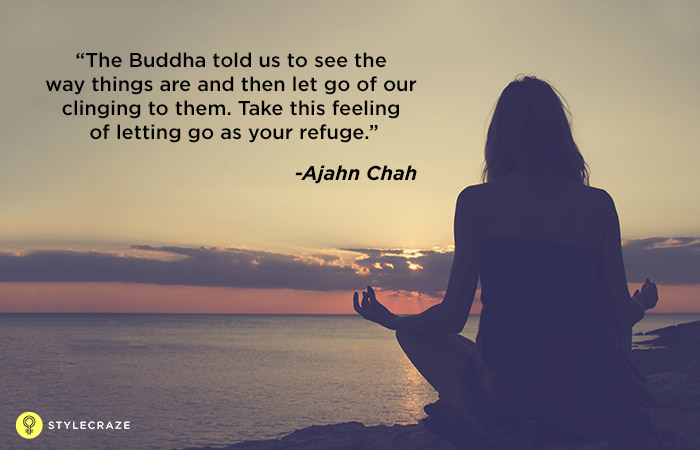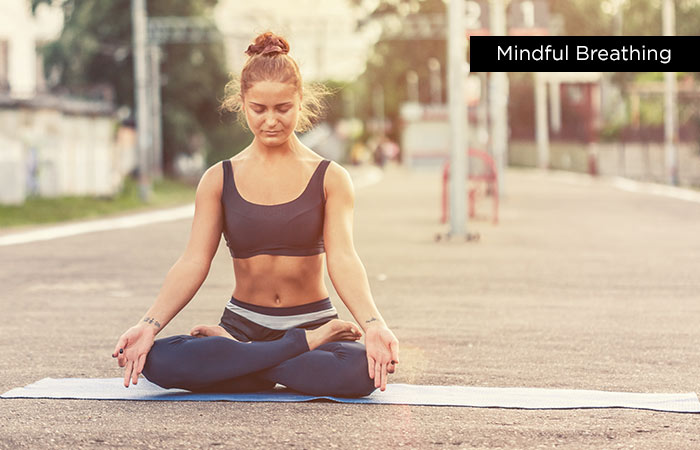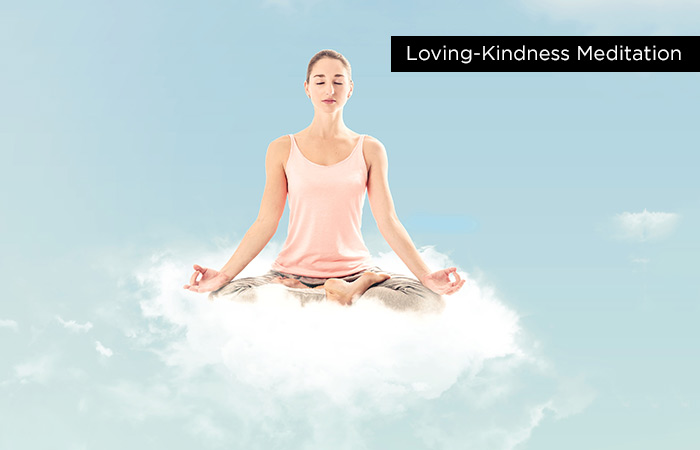Your mind is your most powerful device! It can make or break you. If you are sad, disappointed, and uninterested regarding life, your mind is what can get you back on the right track. All it requires is some peace, love, and perspective. Buddhist meditation will certainly help you keeping that, and here's a guide to do so. Continue reading.

What Is Buddhist Meditation?
Buddhist reflection is an introspective method based on the concepts and mentors of Buddhism. This reflection technique encourages you to create concentration, clarity, and calmness and keep away from confusion. The old Buddhist texts maintained it, and it was spread and branched out by numerous masters and monks. Mind training is the core of this strategy, and changing it right into higher realms is the objective.
How To Do Buddhist Meditation
Concentration and understanding are the fundamental secrets to exercise Buddhist meditation. It concentrates on soothing the mind first and then developing understanding into one's feelings and feelings. There are various strategies to the Buddhist technique of reflection, some designed by the Buddha himself and still practiced in its initial format. Let's take a look at those currently.
Prior to that, below are some vital requirements for meditation-- sitting in Padmasana or any other comfortable sitting placement, putting on loosened and comfy clothes, a clean and tranquil location to meditate, and maintaining away devices.
Buddhist Meditation Technique
- Mindful Breathing
- Loving-Kindness Meditation
1. Mindful Breathing
 Image: IStock
Image: IStock
In this meditation, the breath is the things of focus. Concentrate on your breath and familiarize the mind's tendency to leap from one thought to another rapidly. To be able to control that and delight in the experience of remaining in the moment is enriching. This method is best for your entire psychological and physical state.
The approach has four phases that cause a state of tranquility and they are:
- First, you count the breaths you absorb and out to help you remain focused on them. Count from 1 to 10 by taking into consideration one round of inhaling and breathing out as one unit. Matter after you breathe out, and proceed till 10 and repeat.
- Currently, in the following step, as opposed to counting after the exhalation, count before you inhale, anticipating the following breath and continuing to breathe in that fashion till number 10 and duplicating.
- In the 3rd step, you slowly change to observing your breath as it enters and out, skipping the counting.
- Lastly, your monitoring and concentration need to come to be sharp and profound sufficient for you to be able to really feel the subtle experience of your breath at the idea of your nose where it gets in and leaves.
Once you obtain this state, you create an optimal basis to deal with your mind and guide it in a manner that will assist worry-free day-to-day living.
2. Loving-Kindness Meditation

When your mind cools down and starts being in the moment, you can nurture it additionally by establishing positive sensations like love, compassion, and friendliness. To do that, do the complying with actions:
- First, really feel love for yourself. Try to become aware of your remaining in a calmness and tranquil way, creating toughness and confidence with it. This reasoning will load your heart with love. While attempting to do this, you may utter favorable expressions to on your own like, "May I be well and good," or picture a brilliant light going through your body, stimulating love on your own.
- In the next step, consider a good and preferred buddy. Restore all the excellent memories you showed to them and their adorable top qualities. Bear in mind the partnership you share with them and the factors you bond well with them. Continue with this feeling in the head by wanting well for them by believing, "May they more than happy and well." Or, think of a light linking both of you.
- After that, think about a person for whom you don't especially feel anything. The people you see around usually, but you do not have any kind of feelings of love or disapproval towards them. Review their humanity, gait, and presence. Try to bring them into the circle of love you created in your head.
- Now, think of a person you don't get along with. Someone you have trouble with and discover it challenging to manage. Try to prevent any unfavorable sensations and consider them in a favorable, feel-good manner and give them space in the swimming pool of love you developed.
- Ultimately, think of all individuals together-- you, your pal, the neutral close friend, and the adversary. Take it better by prolonging the feeling of love and kindness to everyone around you-- your family members, individuals of the colony you stay in, your city, state, nation, and everybody in the world. Send waves of love and generosity from your heart to every being on this earth. You will certainly really feel elated by the benefits of this act. Your mind expands and is a lot more approving of diversity. Then, slowly appeared of this reflective mind and kick back.
- The period of practice for the above methods varies from person to person. Preferably, you ought to be able to start with a number of mins and rise till a couple of hours. With practice, the ability to sit and meditate for a longer time will increase.
Benefits Of Buddhist Meditation
- Buddhist meditation helps us to check out and assess our lives truthfully. It enables self-discovery and self-inquiry.
- It helps us to slow down and appreciate each minute, completely and thoroughly.
- Clearness and inner security rises, allowing quicker and far better job.
- Buddhist meditation opens up our hearts and forges depend on and friendliness towards others.
- It opens up your awareness, causing every choice to be made attentively and purposely.
Attempt this one-of-a-kind and olden reflection approach and experience the favorable outcomes on your own. Now, let's look at some common concerns asked about Buddhist meditation.
Frequently Asked Questions
Can meditation be dangerous?
Reflection can get harmful when carried out in an inappropriate way and the incorrect state of mind. People with significant psychological issues need to speak with a medical professional before using up reflection.
Do I need a teacher to do meditation?
Yes, a teacher would certainly have the ability to guide you in the meditation process. A well-balanced and knowledgeable educator is perfect.
What does the word ‘Buddha’ mean?
‘Buddha’ means awakened or enlightened.
Is Buddhism a religion?
Buddhism is beyond religious beliefs-- it is a manner of living and ideology.
What is the essence of Buddhism?
Buddhism shows us to avoid damaging others and help those in need. It prompts you to stay clear of negativity and embrace love.
Buddhist reflection methods lead to knowledge. It is a discipline to release you from sadness and enhance daily living. To do this, you need not seclude on your own and lead a reclusive life. You can be where you are and understand the temporary and changing manner of the world. So, obtain your self-discipline cap on and dig the underlying reality with this Buddhist reflection.
Recommended Articles:
- 5 Amazing Benefits Of Christian Meditation
- How to Awaken Your 7 Chakras


